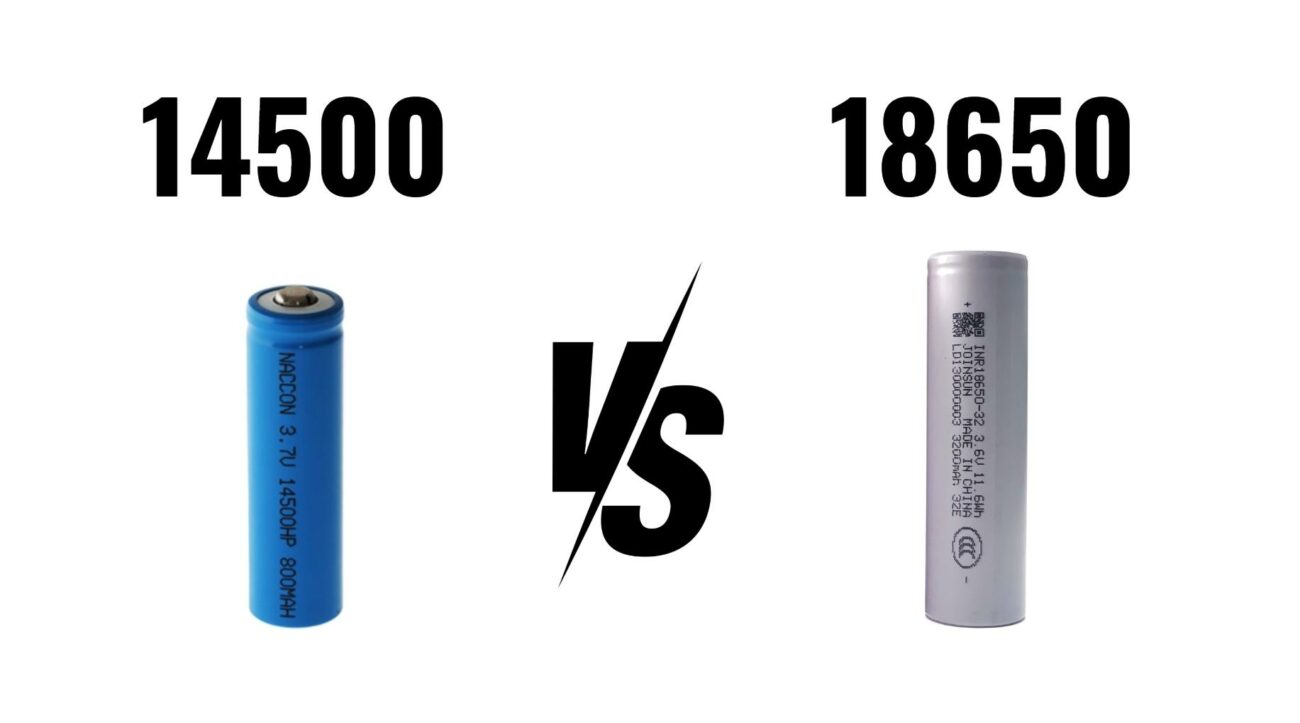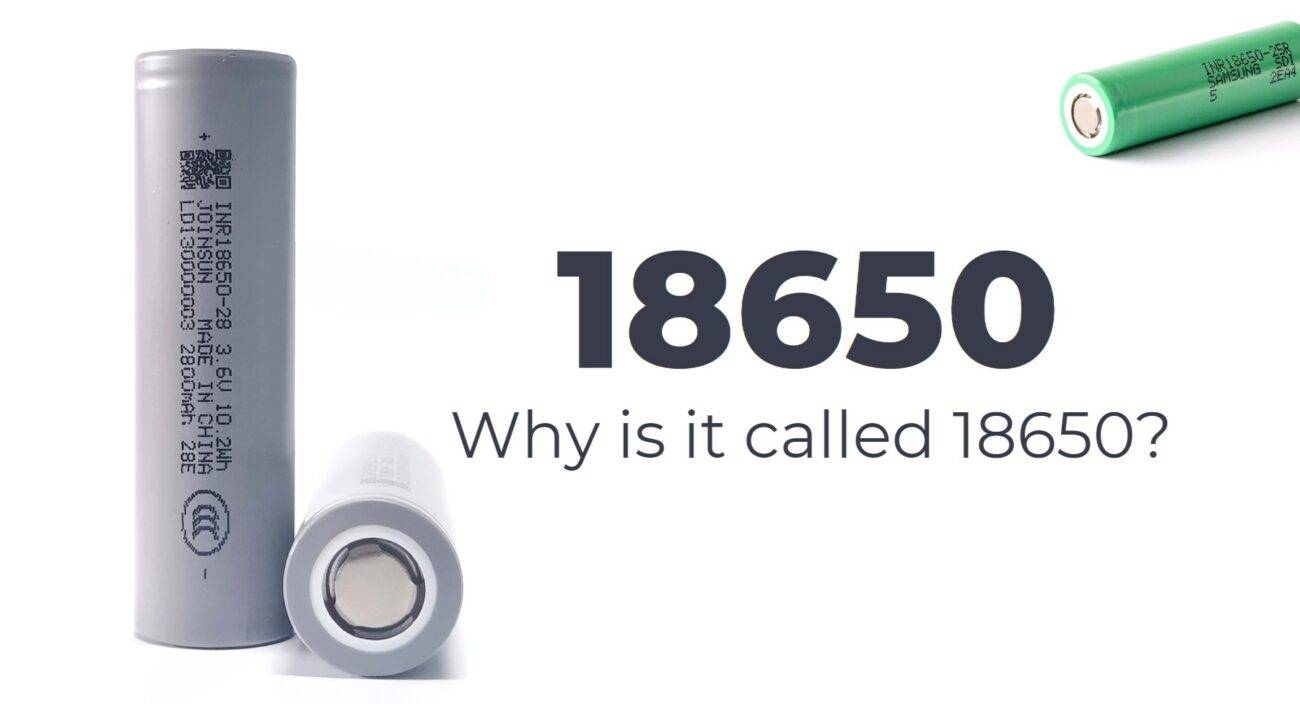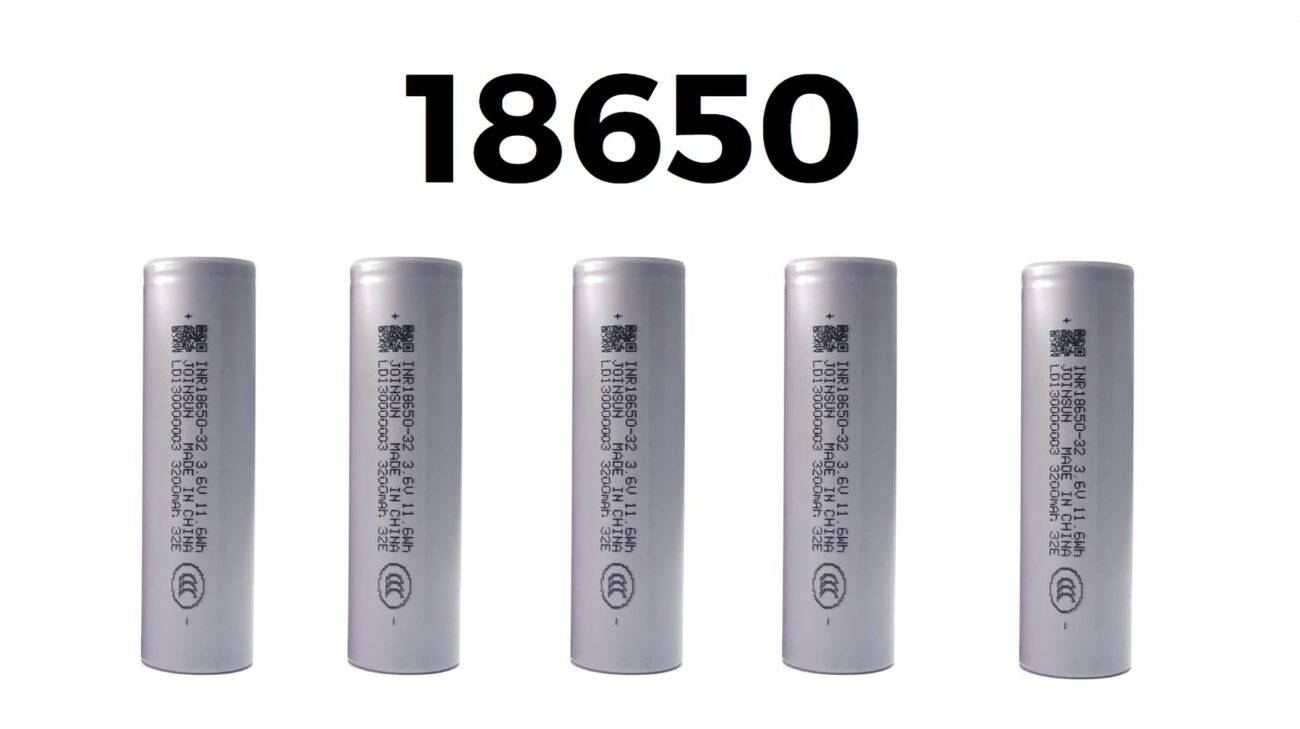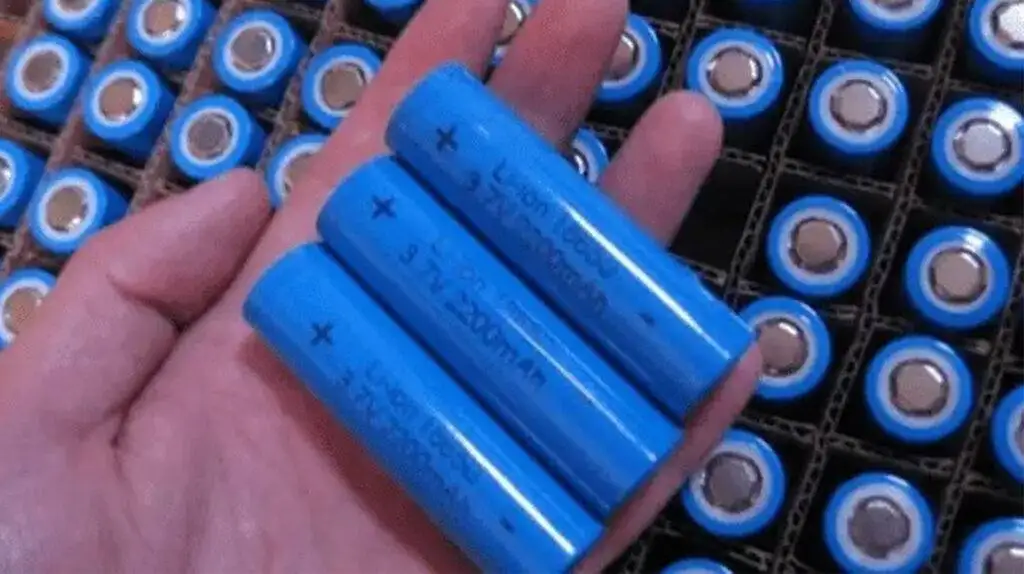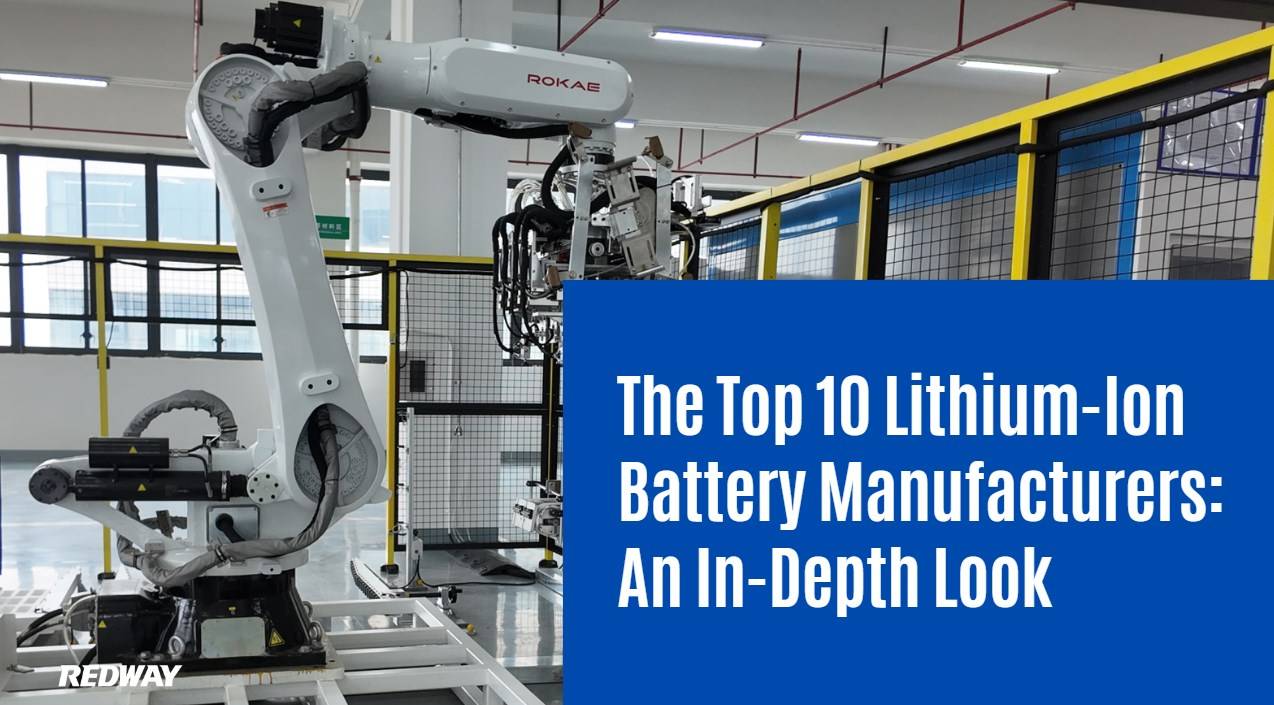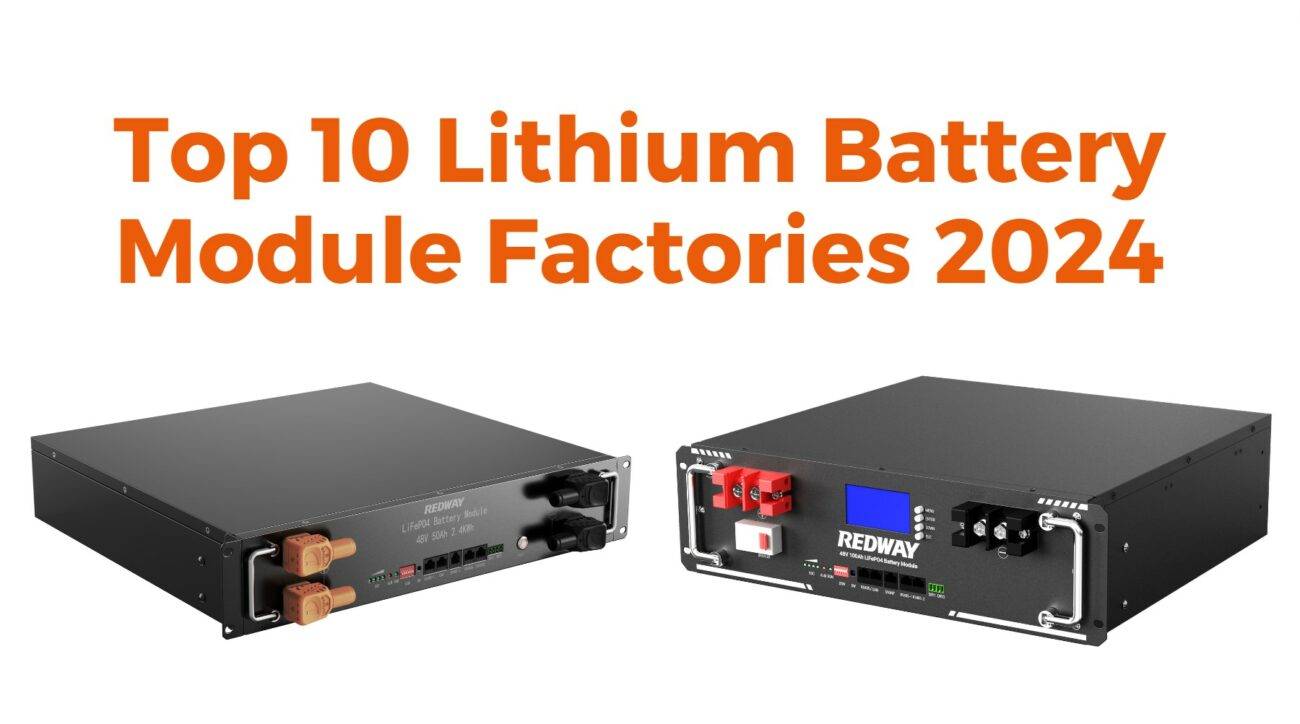18650 rechargeable batteries are a popular choice for portable power solutions due to their high energy density, versatility, and long lifespan. Understanding their functionality, benefits, and applications can help users make informed decisions about their energy needs.
What are 18650 rechargeable batteries and how do they work?
18650 rechargeable batteries are cylindrical lithium-ion cells measuring 18mm in diameter and 65mm in length. They operate at a nominal voltage of 3.6 to 3.7 volts and have capacities typically ranging from 1800mAh to 3500mAh. These batteries work by allowing lithium ions to move between the anode and cathode during charging and discharging cycles, providing a reliable source of power for various devices.Chart: Basic Operation of 18650 Rechargeable Batteries
| Stage | Description |
|---|---|
| Charging | Lithium ions move from cathode to anode |
| Discharging | Lithium ions flow back to cathode |
| Energy Generation | Electrons flow through an external circuit |
What are the advantages of using 18650 rechargeable batteries?
The advantages of using 18650 rechargeable batteries include:
- High Energy Density: They store more energy per unit volume compared to other battery types.
- Long Cycle Life: Capable of enduring 500 to 2000 cycles, making them cost-effective over time.
- Low Self-Discharge Rate: Retain charge longer when not in use, ensuring devices remain powered.
- Versatility: Suitable for a wide range of applications from consumer electronics to electric vehicles.
What applications commonly utilize 18650 rechargeable batteries?
18650 rechargeable batteries are used across various applications:
- Consumer Electronics: Powering laptops, smartphones, and tablets due to their compact size and high capacity.
- Electric Vehicles (EVs): Integrated into battery packs for electric cars and e-bikes, providing efficient energy storage.
- Power Tools: Used in cordless drills and saws, benefiting from high discharge rates.
- Portable Power Banks: Commonly found in power banks for charging devices on the go.
- Flashlights: Ideal for high-performance flashlights requiring stable power output.
Chart: Common Applications for 18650 Rechargeable Batteries
| Application | Description |
|---|---|
| Consumer Electronics | Laptops, smartphones, tablets |
| Electric Vehicles | EVs, e-bikes |
| Power Tools | Cordless drills, saws |
| Portable Power Banks | Charging devices on the go |
| Flashlights | High-performance lighting solutions |
How do 18650 batteries compare to other battery types?
When compared to other battery types like AA or AAA:
- Energy Density: 18650 cells have significantly higher energy density, allowing them to store more power in a smaller package.
- Rechargeability: Unlike single-use alkaline batteries, 18650 cells can be recharged hundreds of times.
- Performance: They maintain stable voltage under high-drain conditions, making them suitable for demanding applications.
What safety considerations should be taken into account with 18650 batteries?
Safety is crucial when using 18650 batteries:
- Overcharging Risks: Can lead to overheating or thermal runaway; use chargers designed specifically for lithium-ion chemistry.
- Physical Damage: Avoid puncturing or crushing the cells as this can cause short circuits or fires.
- Temperature Sensitivity: Store and use within recommended temperature ranges to prevent performance degradation or safety hazards.
Chart: Safety Considerations for 18650 Batteries
| Safety Consideration | Description |
|---|---|
| Overcharging Risks | Use proper chargers to prevent overheating |
| Physical Damage | Avoid puncturing or crushing cells |
| Temperature Sensitivity | Store within recommended temperature ranges |
How can you maximize the lifespan of 18650 rechargeable batteries?
To extend the lifespan of your 18650 rechargeable batteries:
- Avoid Complete Discharges: Recharge before they drop below 20% capacity.
- Use Compatible Chargers: Ensure you use chargers that match the specifications for your battery type.
- Store Properly: Keep them at moderate temperatures (ideally around room temperature) when not in use.
- Regular Maintenance: Check connections and clean terminals periodically.
What future trends are emerging in 18650 battery technology?
Emerging trends include:
- Solid-State Batteries: Offering higher safety levels and energy densities while reducing fire risks.
- Alternative Chemistries: Research into new materials that minimize reliance on scarce resources like cobalt.
- Enhanced Recycling Processes: Innovations that improve recovery rates of valuable materials from used batteries.
These advancements aim to enhance performance while addressing environmental concerns associated with traditional battery production.
Buy Wholesale Battery Tips
When considering wholesale purchases of lithium-ion batteries or OEM orders, partnering with a reputable manufacturer like Redway Battery is essential. Their extensive experience ensures high-quality products that comply with international standards. The typical process includes:
- Submitting an inquiry detailing your requirements.
- Collaborating with engineers to finalize specifications.
- Approving samples before mass production.
- Receiving timely shipments upon order confirmation.
Choosing a trusted manufacturer guarantees reliable products that enhance your business offerings.
Industrial News
Recent developments indicate a growing demand for rechargeable battery technologies as industries increasingly adopt sustainable energy solutions and portable power systems. Manufacturers are focusing on improving efficiency and reducing costs associated with battery technology to meet this expanding market demand.
Redway Expert Views
“Investing in high-quality rechargeable batteries is essential for consumers looking to ensure reliability and performance across their devices,” states an expert from Redway Power. “As advancements continue, we expect significant improvements that will enhance both sustainability and efficiency across various applications.”
FAQ Section
- What is an 18650 rechargeable battery?
An 18650 rechargeable battery is a cylindrical lithium-ion cell known for its high energy density and versatility across various applications. - How long do 18650 batteries last?
Typically, they last between 500 to 2000 cycles, depending on usage conditions and maintenance practices. - What devices use 18650 rechargeable batteries?
They power a wide range of devices including laptops, flashlights, electric vehicles, and portable power banks. - Are there safety concerns with using these batteries?
While generally safe when used correctly, improper handling can lead to risks such as overheating or fires. - How can I recycle old 18650 batteries?
Many local recycling programs accept used lithium-ion batteries; check with local waste management authorities for proper disposal options.



